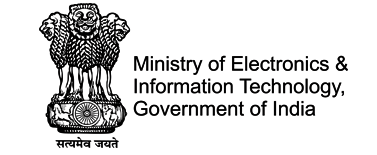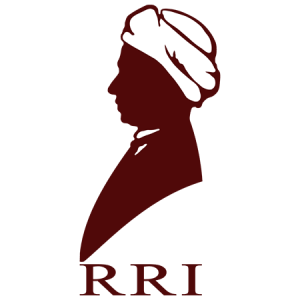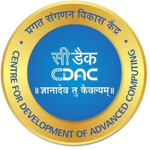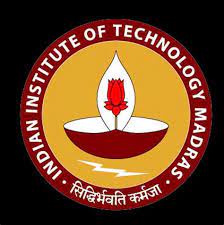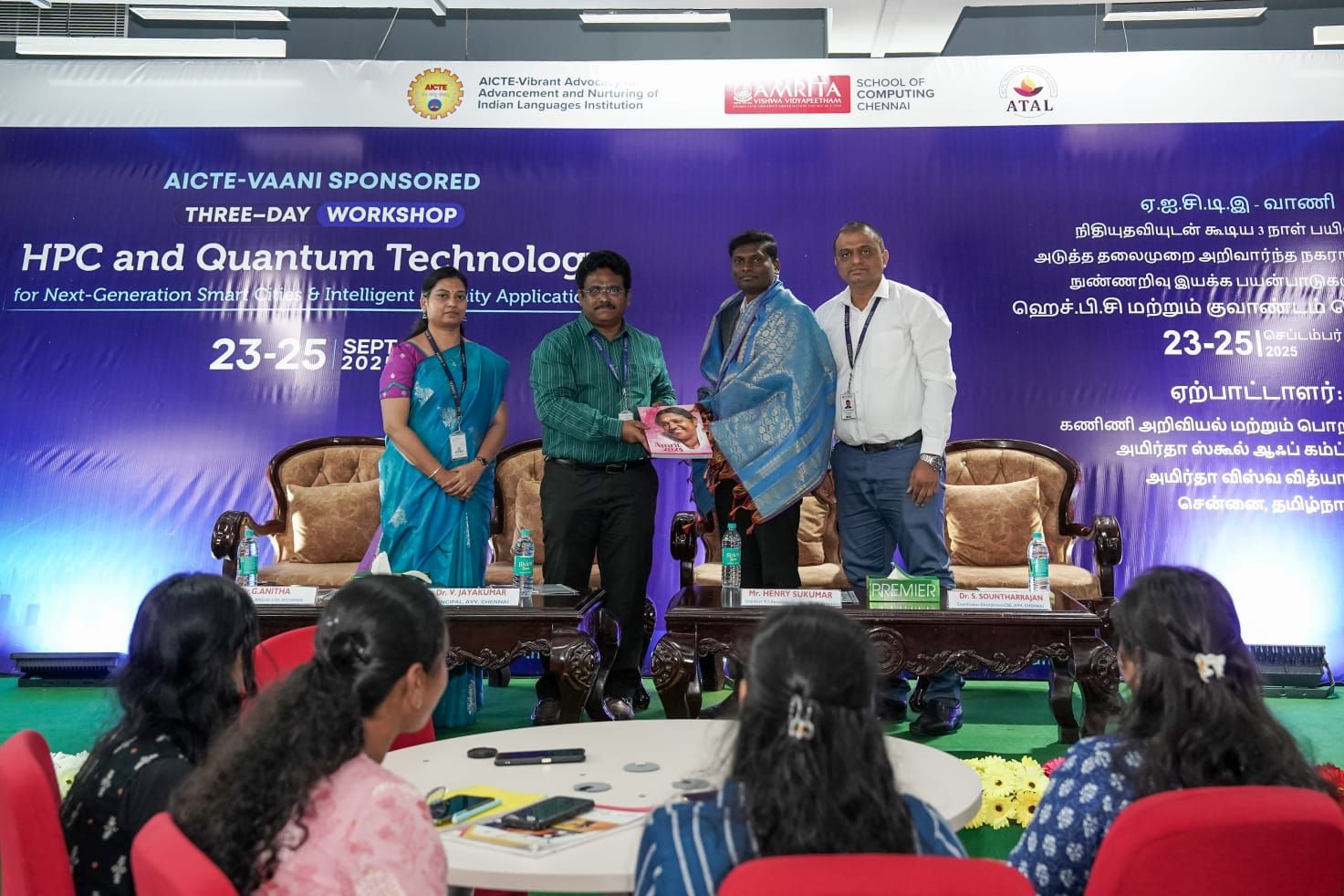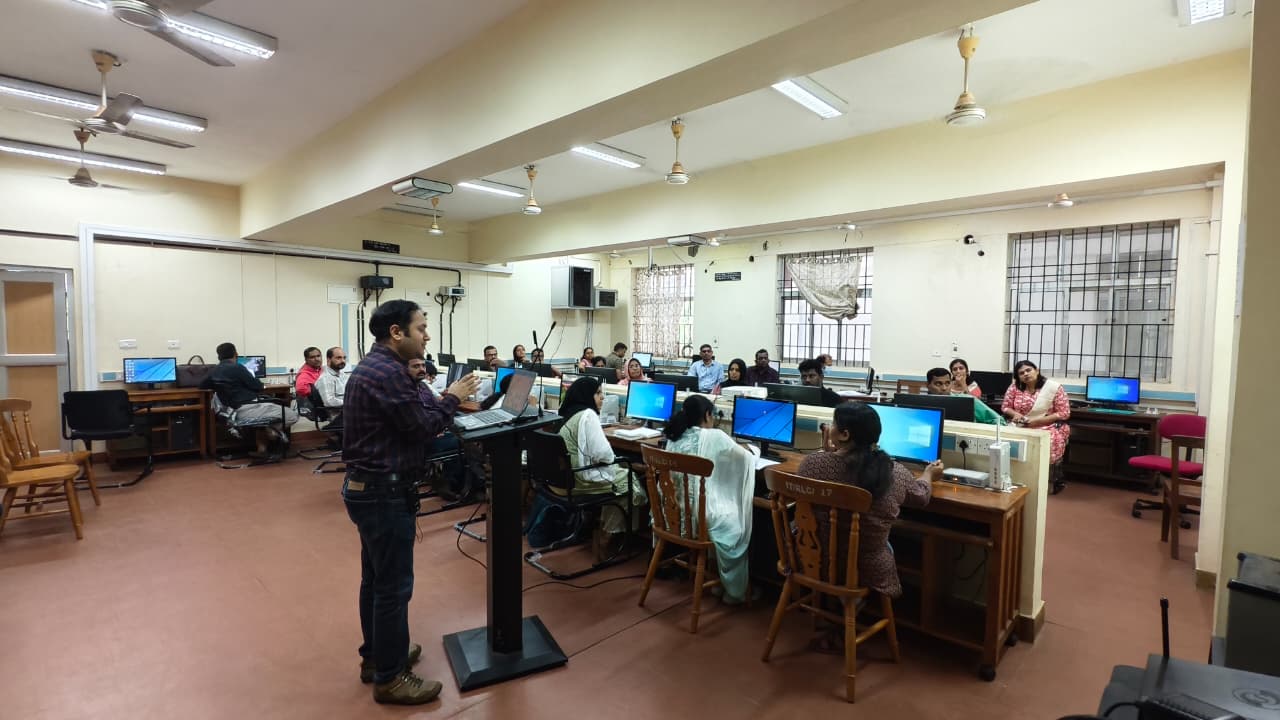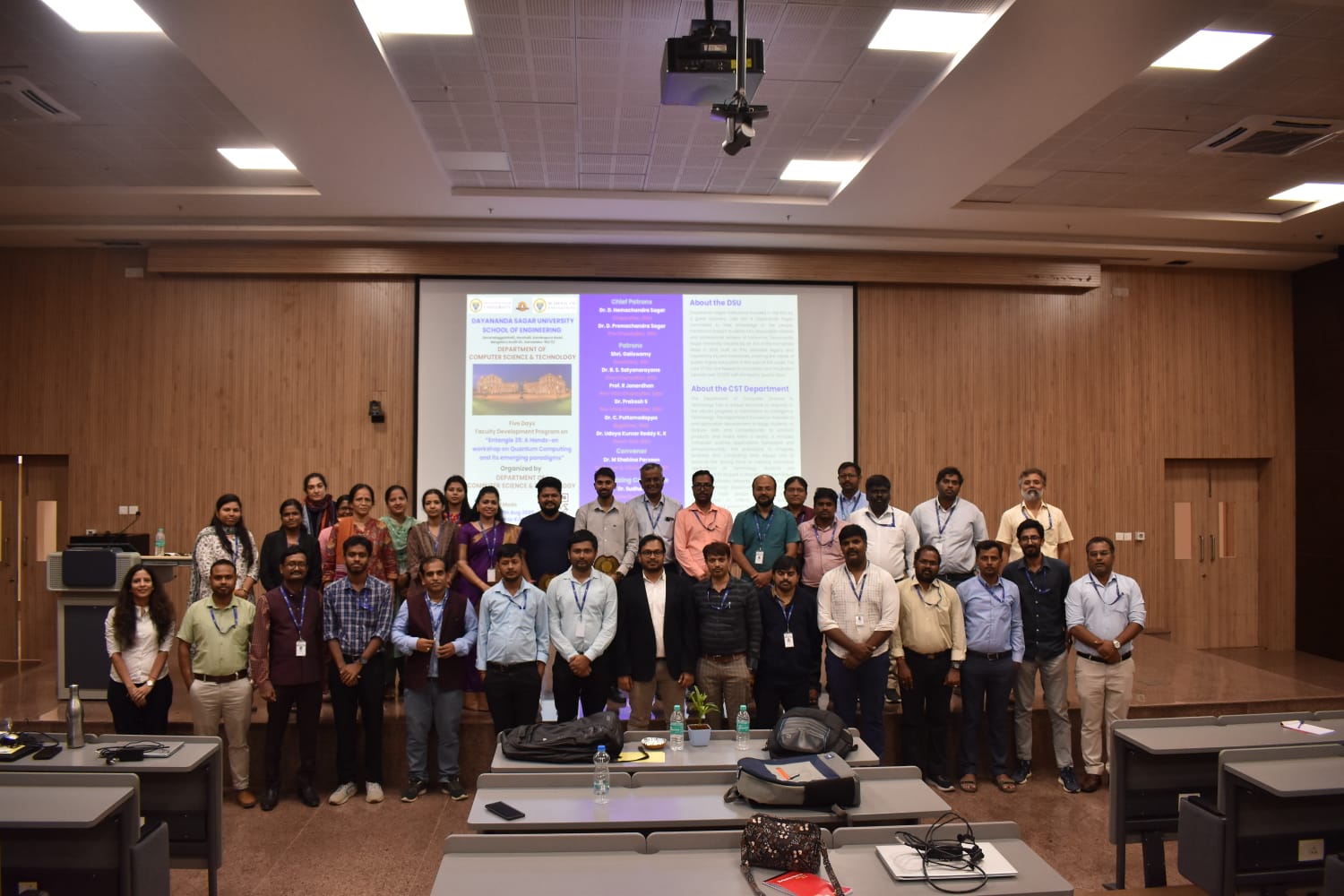 Read now
Read now
 Request Demo
Request Demo
 Try Now
Try Now
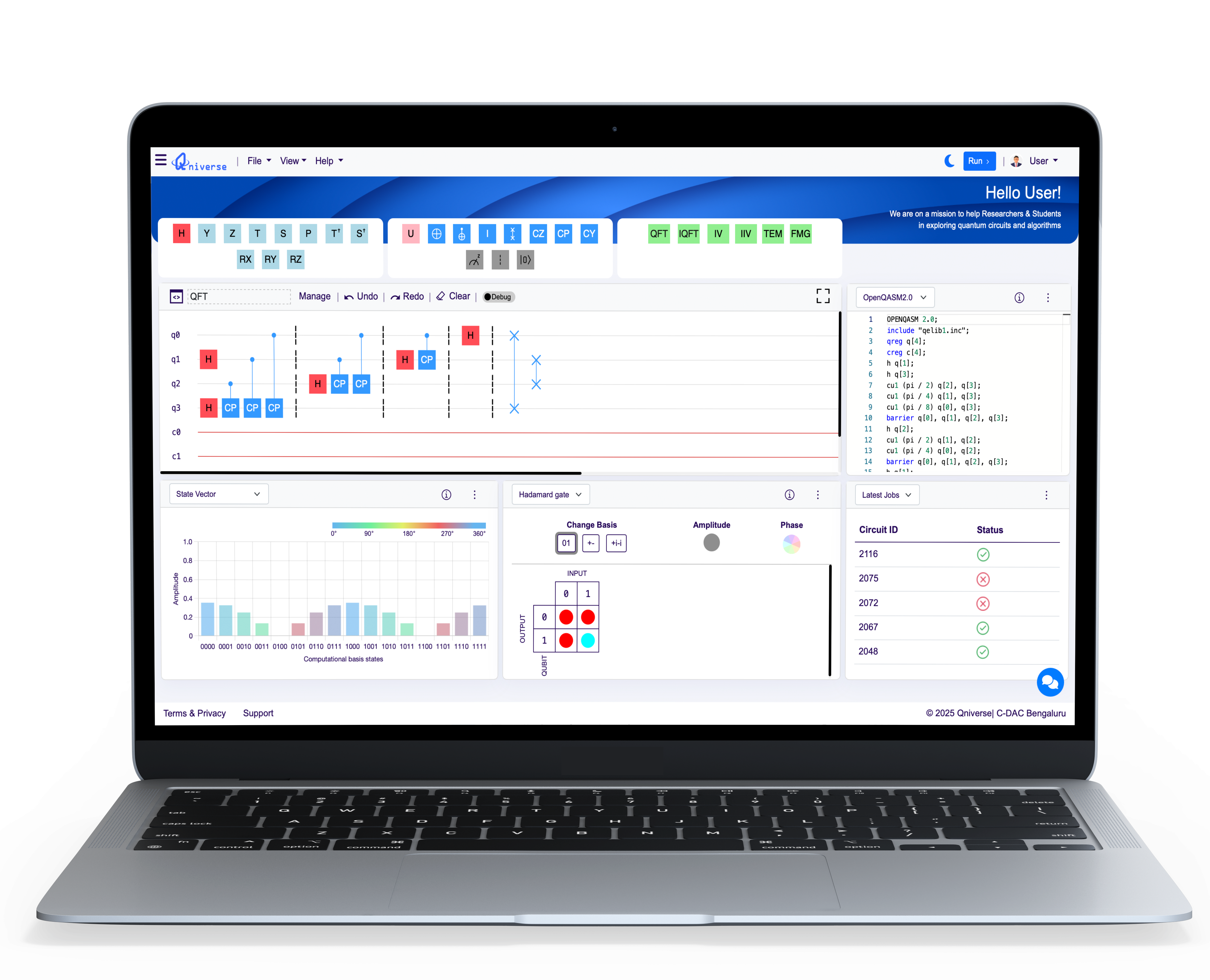
 Try now
Try now



Quantum Initiatives in India
Quantum computing is set to change the world. It is said to revolutionize encryption techniques, cybersecurity, communications, artificial intelligence, financial modeling, drug development, weather forecasting and so on…
Quantum computers are based on the principles of quantum theory, which explains the behaviour of energy and material on the atomic and subatomic levels. Quantum computing is the study of how to use phenomena in quantum physics to create new ways of computing that can miniaturize the size of the computer and communications components while at the same time improving its performance to power ratio.
The basis of quantum is the Qubit. Unlike a normal computer bit, which can be 0 or 1, a Qubit can be either of those, or a superposition of both 0 and 1.
Research Areas
Quantum Applications
From cybersecurity to pharmaceutical research to finance, quantum computing shall facilitate major advancements.
Quantum Computing
Quantum computers leverage quantum mechanical phenomena to manipulate information. To do this, they rely on quantum bits, or qubits.
Quantum Communication
Quantum Sensors
Quantum sensors can measure extremely small changes in an environment by taking advantage of quantum phenomena like entanglement, where entangled particles can affect each other.
Quantum Algorithm & Simulation
Quantum Computation Hardware
Superconducting quantum processor, with nanofabrication infrastructure and electronics for control and measurement.
News & Recent Updates
Talk on Future Trends in Quantum Computing and HPC for Smart Cities
AICTE-VAANI Sponsored Three-Day Workshop Inauguration:Three-Day AICTE-VAANI Sponsored Workshop on “HPC and Quantum Technology for Next-Generation Smart Cities & Intelligent Mobility Applications”, organized by the Department of Computer Science and Engineering,...
Faculty Development Program(FDP): Topics of Advancing Science through Quantum and Intelligent Computing
As part of the Quantum Outreach Program, a Faculty Development Program (FDP) was conducted on the theme “Advancing Science through Quantum and Intelligent Computing”. The session featured an engaging talk on the Deutsch–Jozsa Algorithm, an interactive Qniverse...
Faculty Development Program(FDP): Topics of Quantum Computing and Quantum Machine Learning
Quantum Outreach Program – Faculty Development Program at Dayananda Sagar University (DSU) - Main Campus, Harohalli, Kanakapura Road, Bengaluru As part of the Quantum Outreach Program, under the AICTE ATAL initiative, a Faculty Development Program on the topic...
Read all feedbacks

